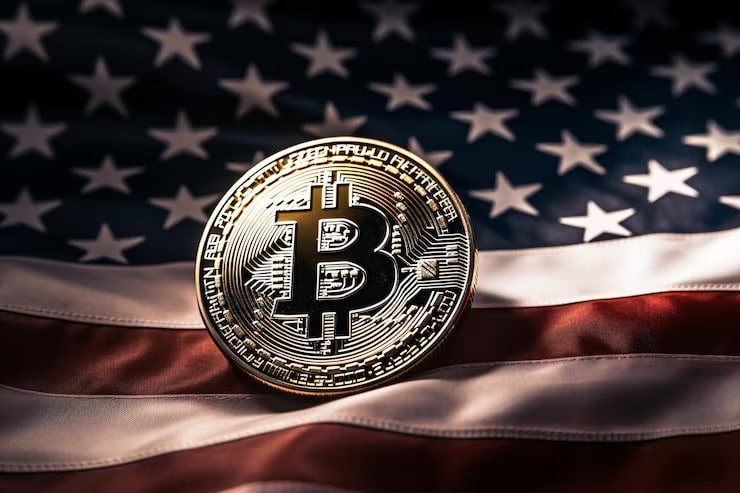Legacy banks re-enter the U.S. crypto scene amid a friendlier political and regulatory climate.
In a notable shift, Deutsche Bank and Standard Chartered are actively preparing to expand their cryptocurrency operations in the United States, according to a report by the Wall Street Journal. This comes after years of cautious distancing from the digital asset space due to regulatory volatility and high-profile crypto collapses.
Now, under the Trump administration’s pro-crypto pivot, both banks are positioning themselves to take leading roles in shaping the future of regulated digital finance in America.
Trump Administration Sparks Institutional Re-entry
Under President Trump, the Securities and Exchange Commission (SEC) has undergone major reforms, including the development of a national digital asset reserve and a more open attitude toward blockchain innovation.
These changes have triggered a resurgence in institutional interest. For banks like Deutsche and Standard Chartered, which previously treaded lightly in the U.S. due to compliance concerns, 2025 is emerging as a strategic inflection point.
Deutsche Bank Advances Global Crypto Playbook
Deutsche Bank’s involvement in crypto is far from new, but 2025 has seen a notable ramp-up.
The bank joined Börse Stuttgart’s Bison platform as a euro custodian, securing client funds as part of Bison’s multi-banking strategy. While not replacing existing partners, Deutsche Bank’s role signifies increasing trust in crypto as a viable banking service.
In parallel, its Crypto.com alliance across Asia showcases its ambition to build compliant fiat infrastructure for exchanges and crypto-native businesses.
With the groundwork laid across Europe and Asia, Deutsche Bank’s U.S. expansion is the next logical step, with internal teams reportedly evaluating local licensing paths.
Standard Chartered Builds Tokenized Finance Products
Meanwhile, Standard Chartered is emerging as a key player in the tokenization of traditional financial instruments.
Its April 2025 collaboration with OKX and Franklin Templeton established a novel platform where tokenized funds and crypto assets serve as collateral in institutional trades. Standard Chartered acts as the regulated custodian, aligning with international oversight through Dubai’s VARA.
In Hong Kong, the bank’s local entity is now pursuing a stablecoin initiative alongside Animoca Brands and HKT, targeting HKMA licensing under new token issuance rules.
These moves place Standard Chartered at the center of the regulated token economy, where compliance and innovation converge.
A Strategic Pivot Toward the U.S. Crypto Market
The expansion plans of both banks coincide with a broader reappraisal of the U.S. digital asset landscape.
Where previous years saw hesitation, 2025 now offers a window of opportunity — both for product rollout and ecosystem building. Market analysts expect more traditional banks to follow if early moves prove successful.
“This is less of a trend and more of a new playbook,” one crypto compliance strategist noted.
Banks Step In as Institutional Crypto Matures
As the digital economy expands, banks like Deutsche and Standard Chartered are setting themselves up to serve as onramps, custodians, and liquidity providers — roles once dominated by fintech startups.
With regulators warming up and infrastructure evolving, their entry may catalyze the next phase of mainstream crypto adoption in the U.S. — one with traditional finance at the helm.



